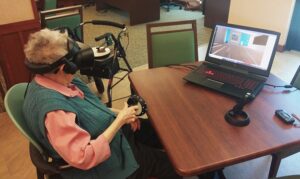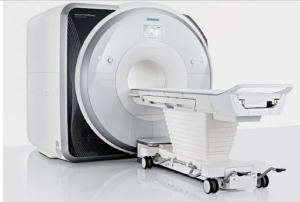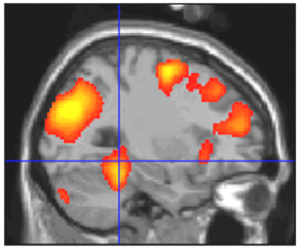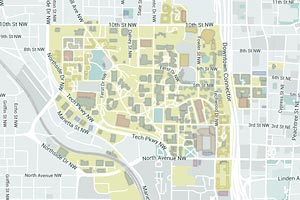Spatial navigation is one of the basic abilities that is crucially important for everyday functioning in a complex environment, yet their role in the difficulties experienced by older adults is underestimated. Elderly individuals have self-perceived deficits in navigation and develop behavioral patterns to avoid unfamiliar routes and places. Direct assessments of navigational/route finding skills in non-demented elderly adults provide clear evidence of age-related differences in these skills, and impairments in navigational skills (e.g. “wandering”) are often apparent in the early stages of Alzheimer’s disease.
The Moffat lab investigates age-related changes in spatial navigation abilities and changes in the neural mechanisms that support navigation. The lab makes extensive use of virtual reality assessments of spatial cognition as well as functional and structural MRI to investigate the neural correlates of aging.
Lester AW, Moffat SD, Wiener JM, Barnes CA, Wolbers T. The Aging Navigational System. Neuron. 2017 Aug 30;95(5):1019-1035 PDF
Rodgers M.K., Sindone J.A. 3rd, Moffat S.D. (2012). Effect of age on navigation strategy. Neurobiology of Aging 33: 15-22. PDF






